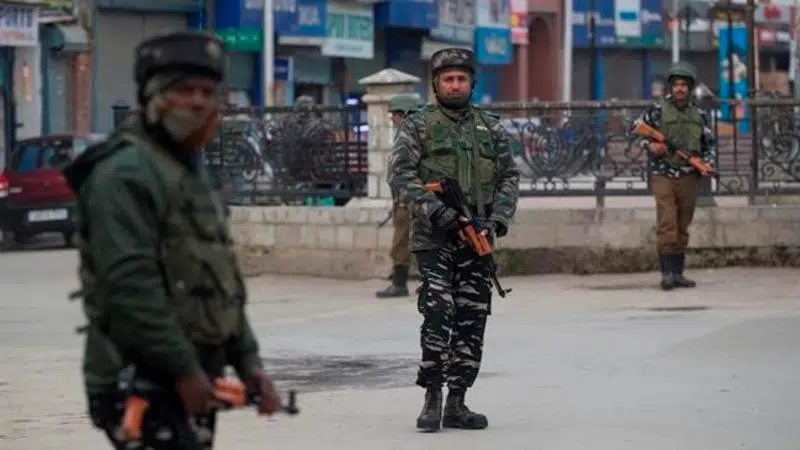
India police arrest Kashmir activists amid rising tensions
SRINAGAR, India — Police have arrested at least 300 activists seeking the end of Indian rule in disputed Kashmir, officials said Saturday, escalating fears among already wary residents that a sweeping crackdown could touch off renewed anti-India protests and clashes.
The crackdown comes amid high tensions between India and Pakistan following the Feb. 14 suicide car bombing of a paramilitary convoy by a Kashmiri militant. Forty Indian soldiers died in the attack, the worst against Indian government forces in Kashmir’s history.
India quickly blamed the attack on Pakistan and promised a “jaw-breaking response.” Pakistan warned India against linking it to the attack without an investigation, and offered a dialogue to resolve all issues, including Kashmir.

